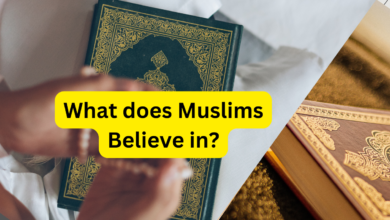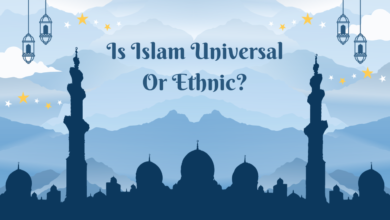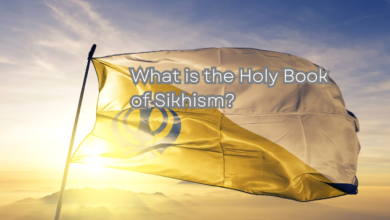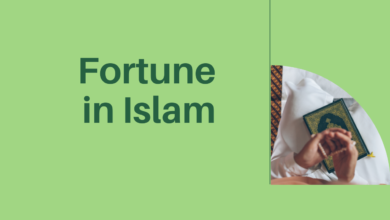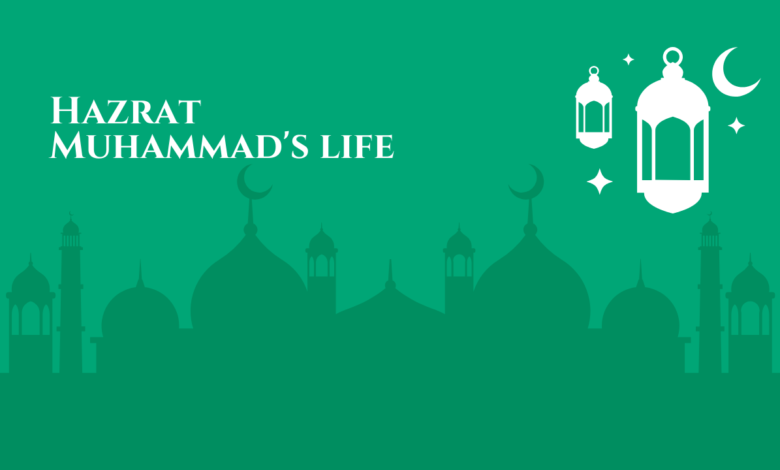
Hazrat Muhammad’s life
Hazrat Muhammad, often referred to as Prophet Muhammad (peace be upon him), was the final prophet in Islam. He is considered the last messenger sent by Allah (God) to guide humanity.
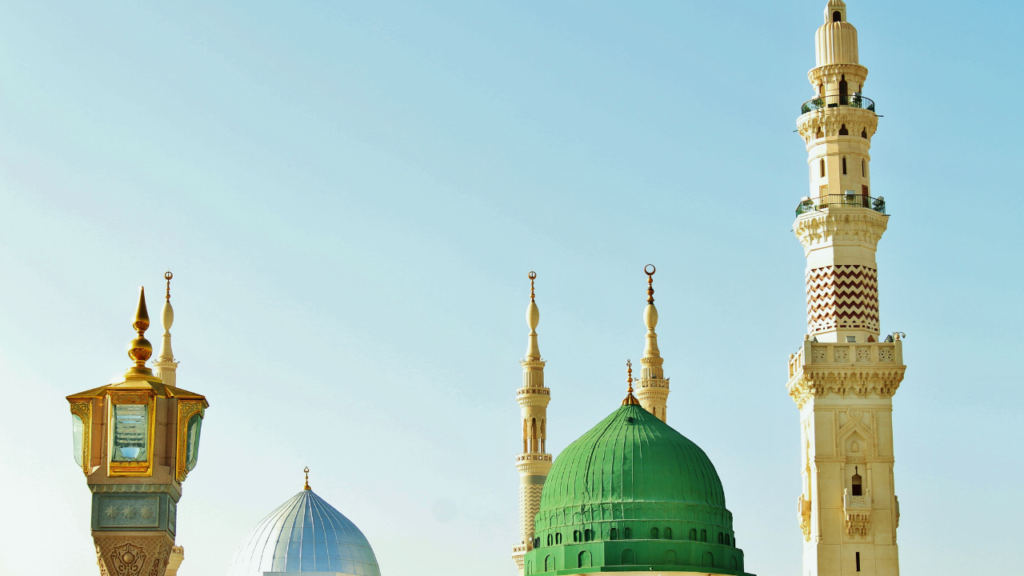
Introduction
The life of Hazrat Muhammad (peace be upon him) is a source of inspiration and guidance for over a billion Muslims around the world. Born in the city of Mecca in 570 CE, Muhammad would go on to become the last prophet in Islam, delivering the final revelation, the Quran, and leaving behind a legacy that continues to shape the lives of Muslims to this day. His life is a testament to the values of compassion, justice, and unity, and his teachings remain relevant in an ever-changing world.
Early Life
Muhammad was born into the Quraysh tribe, a prominent and respected tribe in Mecca. Orphaned at a young age, he was raised by his grandfather and later by his uncle. Despite his humble beginnings, Muhammad gained a reputation for his honesty, integrity, and trustworthiness. These qualities earned him the nickname “Al-Amin” (the trustworthy) and “Al-Sadiq” (the truthful) among the people of Mecca.
Prophet of Islam
At the age of 40, Muhammad received his first revelation from Allah (God) through the Angel Gabriel while meditating in the Cave of Hira. These revelations continued for 23 years and were eventually compiled into the Quran, the holy book of Islam. Muhammad’s message emphasized the worship of one God, social justice, and moral conduct. His teachings called for compassion, charity, and the protection of the weak and vulnerable.
Also check.
- What is Islamism?
- What Does Allah Look Like?
- Who is the Wessiah in Islam?
- What is Wudu in Islam?
- What Time is the Muslim Prayer?
Migration to Medina
As his message gained followers, Muhammad faced increasing opposition from the leaders of Mecca. In 622 CE, he and his followers, known as the Sahaba, made the historic Hijra (migration) to the city of Medina, where he was welcomed as a leader and mediator. In Medina, Muhammad established a constitution that promoted religious freedom and equal rights for all residents, regardless of their faith.
Conquests and Expansion
During his time in Medina, Muhammad also led military campaigns to defend the Muslim community against external threats. These campaigns are often misconstrued as offensive wars, but they were primarily defensive in nature. Muhammad aimed to protect the fledgling Muslim community from hostile tribes and to ensure their survival.
Character and Compassion
Muhammad’s character and compassion are central to his legacy. He was known for his humility, simplicity, and approachability. He treated everyone with kindness and respect, regardless of their social status. His kindness extended even to animals, as he preached the humane treatment of all living creatures.
Legacy
Muhammad’s legacy is far-reaching and enduring. He left behind a thriving community of believers and a set of teachings that continue to guide Muslims in all aspects of life. His life and message emphasize the importance of compassion, justice, and unity.
His teachings have had a profound impact on various fields, including ethics, law, literature, and social justice. They have inspired countless individuals, from scholars and leaders to ordinary people, to strive for a better world guided by the principles of Islam.
Conclusion
The life of Hazrat Muhammad (peace be upon him) is a testament to the power of faith, compassion, and unity. His legacy endures not only in the hearts and minds of Muslims but also in the broader world as a source of inspiration for all who seek to promote peace, justice, and human dignity. His life serves as a reminder of the importance of empathy, kindness, and the pursuit of a just and equitable society.
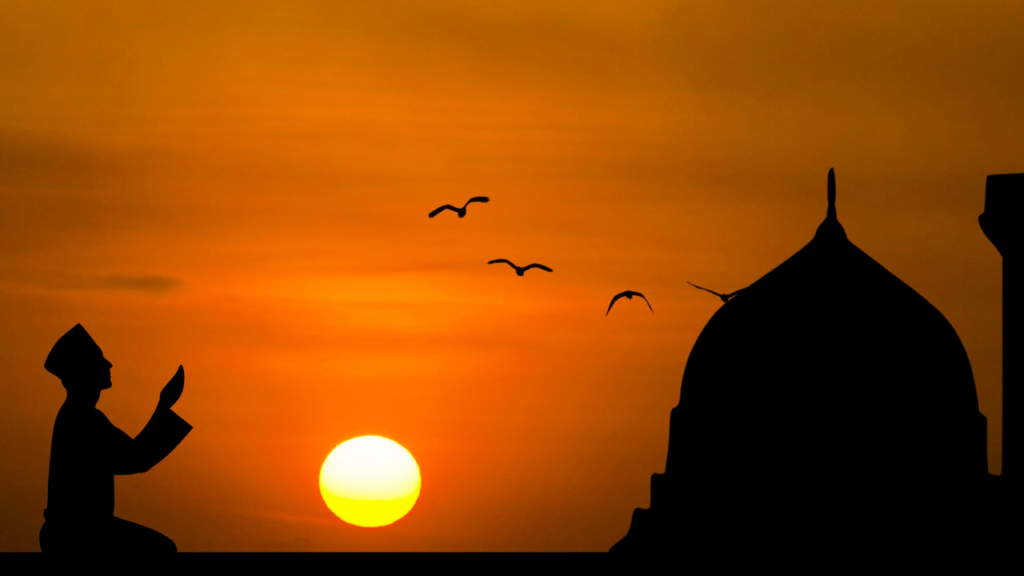
FAQs
Who was Hazrat Muhammad?
Hazrat Muhammad, often referred to as Prophet Muhammad (peace be upon him), was the final prophet in Islam. He is considered the last messenger sent by Allah (God) to guide humanity.
When and where was Hazrat Muhammad born?
Hazrat Muhammad was born in the city of Mecca in present-day Saudi Arabia in the year 570 CE.
What was the significance of the Cave of Hira in his life?
The Cave of Hira is where Hazrat Muhammad received his first revelation from Allah through the Angel Gabriel. This event marked the beginning of his prophethood.
What is the Quran, and how is it related to Hazrat Muhammad?
The Quran is the holy book of Islam, believed to be the word of Allah as revealed to Hazrat Muhammad. He received these revelations over a period of 23 years, and they were later compiled into the Quran.
What are some of the key teachings of Hazrat Muhammad?
Hazrat Muhammad’s teachings include the worship of one God, compassion, social justice, moral conduct, and the importance of helping the needy and vulnerable.
What is the significance of the Hijra (migration) in Hazrat Muhammad’s life?
The Hijra refers to Hazrat Muhammad’s migration from Mecca to Medina in 622 CE. It marks the beginning of the Islamic lunar calendar and is a pivotal event in Islamic history, symbolizing the establishment of a Muslim community.
How did Hazrat Muhammad treat people of different faiths?
Hazrat Muhammad emphasized religious tolerance and coexistence. He established a constitution in Medina that granted equal rights and protection to people of different faiths, including Jews and Christians.
Did Hazrat Muhammad engage in any military campaigns, and if so, why?
Yes, Hazrat Muhammad led defensive military campaigns to protect the Muslim community from external threats. These campaigns were primarily aimed at safeguarding the Muslim community’s survival.
What is the significance of Hazrat Muhammad’s character and compassion?
Hazrat Muhammad’s character and compassion are integral to his legacy. He is known for his humility, kindness, and respect for all, and his life serves as a model for ethical behavior.
How does Hazrat Muhammad’s legacy continue to impact the world today?
Hazrat Muhammad’s teachings continue to guide Muslims in matters of faith, ethics, and daily life. His legacy inspires individuals and communities to promote peace, justice, and compassion in the modern world.
